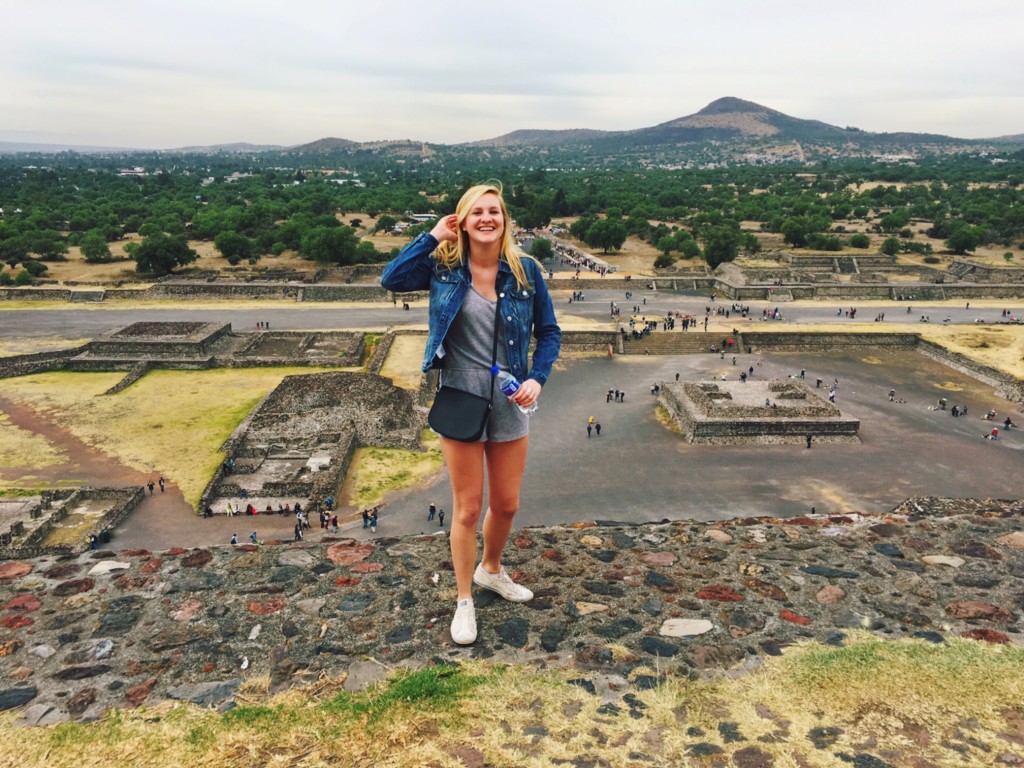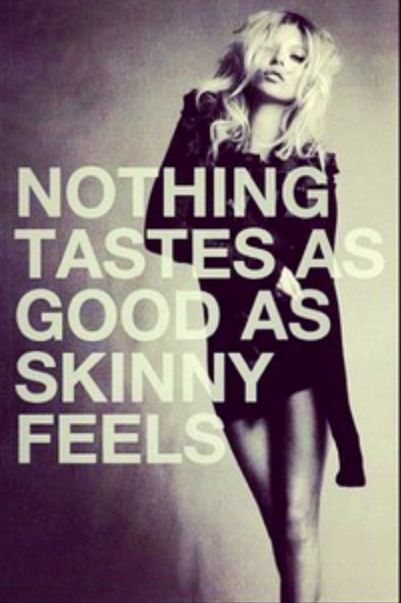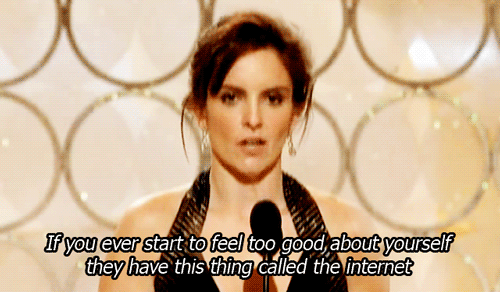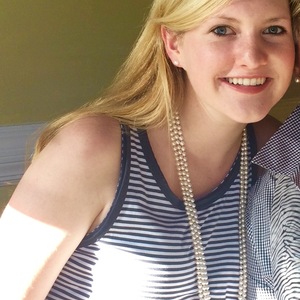Everyone has read one of those articles about the girl who used to be kind of chubby, decides to diet, and eventually develops an eating disorder. We have all read stories like that. I’ve lived those stories. My issue is that many of these stories end too soon and they do not tell the hardest part about having an eating disorder. They usually end with some form of, “I ended up in treatment and got better,” or, “my family admitted me and I was able to overcome my demons.”
I also take issue with the term “eating disorder.” The definition of disorder is described as “disrupt the systematic functioning or neat arrangement of.” By calling these diseases eating disorders, we are implying that they do not fit in with what society’s definition of perfect is. That alone is part of the problem — this idea of perfection is the root of why eating disorders persist for so long.
A better way to describe them would be to call it an eating disability. I say this because having anorexia or being bulimic is an emotional and mental disability. It should not mean someone does not fit into society. It means someone may process and handle things differently, and struggle with one’s relationship with food but doesn’t imply a lack of order.

Photo by Mallory Shaner
I have an eating disability. I use present tense because as hard as I work and as much as I try to fight it, it will always be a part of me. It’s just a fact. I may not be in treatment, or look emaciated, or exercise compulsively and eat, like, a carrot a day. But I do struggle with the demons that once possessed me every day.
I do have a disability emotionally, in thinking that I will never achieve perfection. I have a disability mentally because I have a voice in my head that sometimes reemerges and reminds me of my imperfections. I do not have a disorder, I have a disability.
Most people close to me know that I’ve struggled significantly in the past, and still struggle from time to time. Luckily, that means some of those people are more sensitive to how certain comments may trigger past feelings, or how talking about calories and dieting freaks the shit out of me. Because one slip can become a full-fledged slide towards the bottom and I know there’s no coming out once I’m down. I feel lucky that I’m able to be open with these people about my struggles, but not everyone is.

Photo courtesy of livestrong.com
Unfortunately, because of society’s obsession with food, people are predisposed now to fat-shame and count calories and chronicle everything they are eating through social media. This gets really hard for someone like me. I’m surrounded by people who know I used to have an eating disorder but continue to complain about needing to work out and feeling excessively fat (when they are quite thin), or feeling like they didn’t need that last slice of pizza. I often share these feelings, but the difference for me is that it’s a feeling I struggle to fight off that can easily take over my life. For them, it’s largely what everyone else is doing and saying, too.
It’s also hard because a lot of my friends know about my past struggles, but inevitably some of those comments still come up. In an era obsessed with buzzwords, trigger warnings and microaggressions, I can’t feel targeted or harassed by everything people say. Being exposed to it will just make me stronger, but it still is hard to not feel similar guilt if someone complains about how much food they’ve just eaten or the weight they’ve gained over break. It’s really hard to be surrounded by friends who would normally be considered completely healthy by what should be normal standards. But because of what the media perpetuates, everyone is so insecure.

GIF courtesy of giphy.com
In addition to that, society is obsessed with food, image, and bodies. Everyone wants to look like their favorite celebrity who is stick thin and claims to just eat cupcakes. Everyone can’t wait to try the new superfood or exercise class because that’s what everyone else is doing. Everyone follows gorgeous, thin models with impossibly big boobs on Instagram and their favorite “fitspo” blogs. For someone who spent a year of her life in a living hell of constantly thinking one cupcake was too many and six miles wasn’t good enough, this obsession is impossible to live with.
I love food, everyone who knows me knows how much that is true, but I still struggle with it. It is still hard sometimes to look in the mirror and feel good about myself, because not only do I have society telling me that being thin is realistic, but that having a good butt but also having decent-sized boobs and long legs and strong arms and no cellulite are also requirements.
I have another voice in my head. Anorexia nervosa is a mental health disability that goes far beyond restricting calories and wanting to be thin. For me, it comes down to never being good enough. And with these unrealistic expectations from society in addition to a voice that every so often pokes its head out to remind me I’m not perfect, things get really hard.

Photo by Mallory Shaner
My point is this: in a world that has become obsessed with everything related to being healthy and body image, and food, it is really hard to also be recovering from the worst effects of an eating disability. Many of those articles I mentioned do not depict those parts of the disorder, but those are the long-lasting side effects. I’m still a generally healthy, happy person. It just takes me a lot more strength to realize that than the average person.


